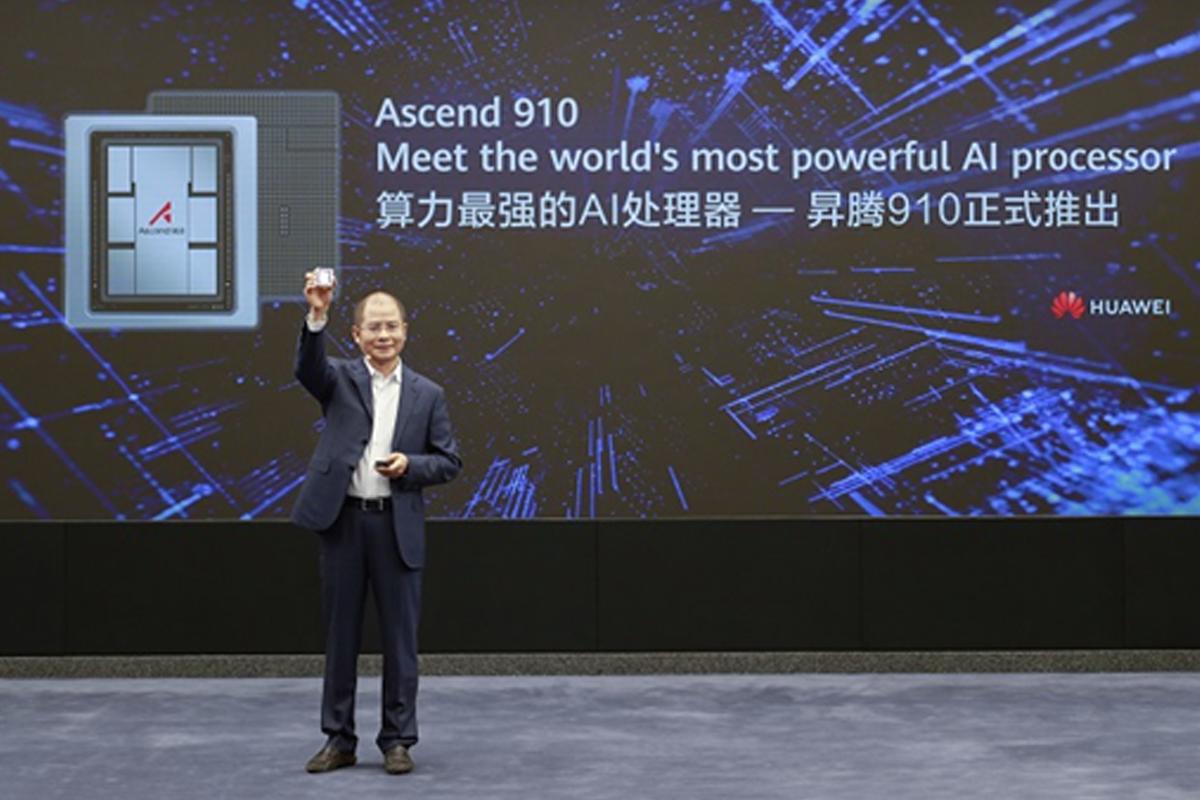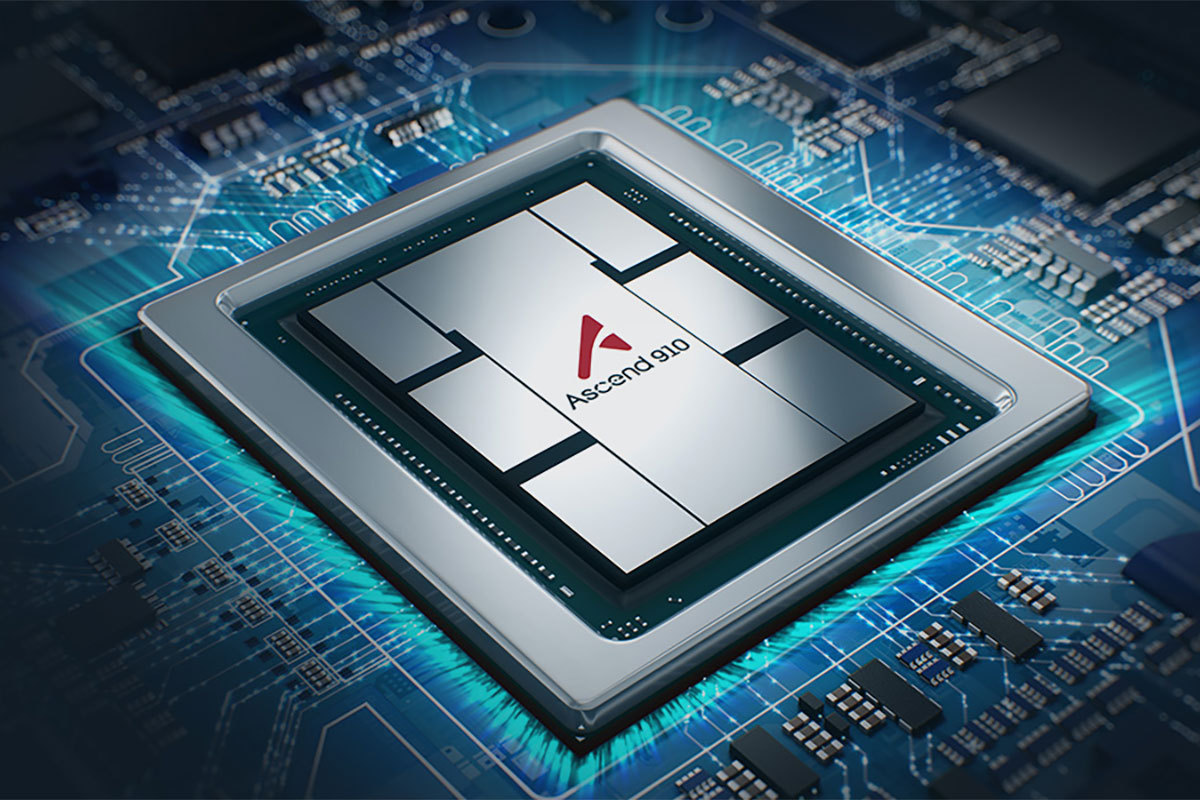Huawei’s Strategic Move in the AI Chip Market

Huawei is strategically positioning itself to gain a foothold in the competitive AI chip market, seizing an opportunity created by U.S. restrictions on advanced artificial chips by Nvidia. These restrictions have prompted Chinese tech giant Baidu to reportedly place a substantial order for Huawei’s Ascend 910B, signaling Huawei’s potential to capture market share.
Ascend 910’s Entry and Challenges

Initiating its foray into the AI chip business in 2018 with the Ascend 910, Huawei aimed to establish a comprehensive AI portfolio and position itself as a computing power provider. Despite facing U.S. export controls in the same year, Huawei claimed its Ascend 910 was the world’s most powerful AI processor, boasting impressive performance metrics such as 256 TeraFLOPS for half-precision floating-point operations and 512 TeraOPS for integer precision calculations. However, the chip faced challenges in challenging Nvidia’s dominance, especially after the introduction of Nvidia’s A100 and H100 chips in 2020 and 2022.
Huawei’s Ascend 910, while efficient, struggled to compete with Nvidia’s established ecosystem, hindering its adoption in existing AI projects. Nvidia’s software ecosystem enjoyed a substantial advantage, limiting Huawei’s traction in the AI chip market.
Unveiling the Ascend 910B

The latest development is the emergence of the Ascend 910B, an upgraded version of the Ascend 910. Although not officially announced by Huawei, details about the chip have surfaced through public comments and technical guides. Notably, Chinese AI giant iFlyTek acknowledged Huawei’s GPU as comparable to Nvidia’s A100, revealing their collaboration on hardware development powered by the Ascend 910B. Baidu reportedly ordered 1,600 Ascend 910B chips for 200 servers in August, indicating growing interest in Huawei’s offerings.
Despite the Ascend 910B’s comparable computing power to Nvidia’s chips, analysts note that it still lags behind in performance. However, in the absence of Nvidia chips due to U.S. restrictions, Huawei’s offerings are considered the most sophisticated domestic option in China.
Significance for Huawei and China

The significance of this development lies in Huawei’s pursuit of a share in China’s estimated $7 billion AI chip market. If successful, it would represent a notable win against the U.S., aligning with Huawei’s ambition to be a key provider of computing power for AI. Huawei’s Chief Financial Officer, Meng Wanzhou, has emphasized the company’s goal to offer the world a “second option” in computing power, alluding to reducing dependence on dominant U.S. providers.
As China intensifies its focus on AI and semiconductor development, Huawei’s increasing support and investment from the Chinese government suggest that it may eventually bridge the gap and pose a more significant challenge to international competitors.
Read More (AI)








